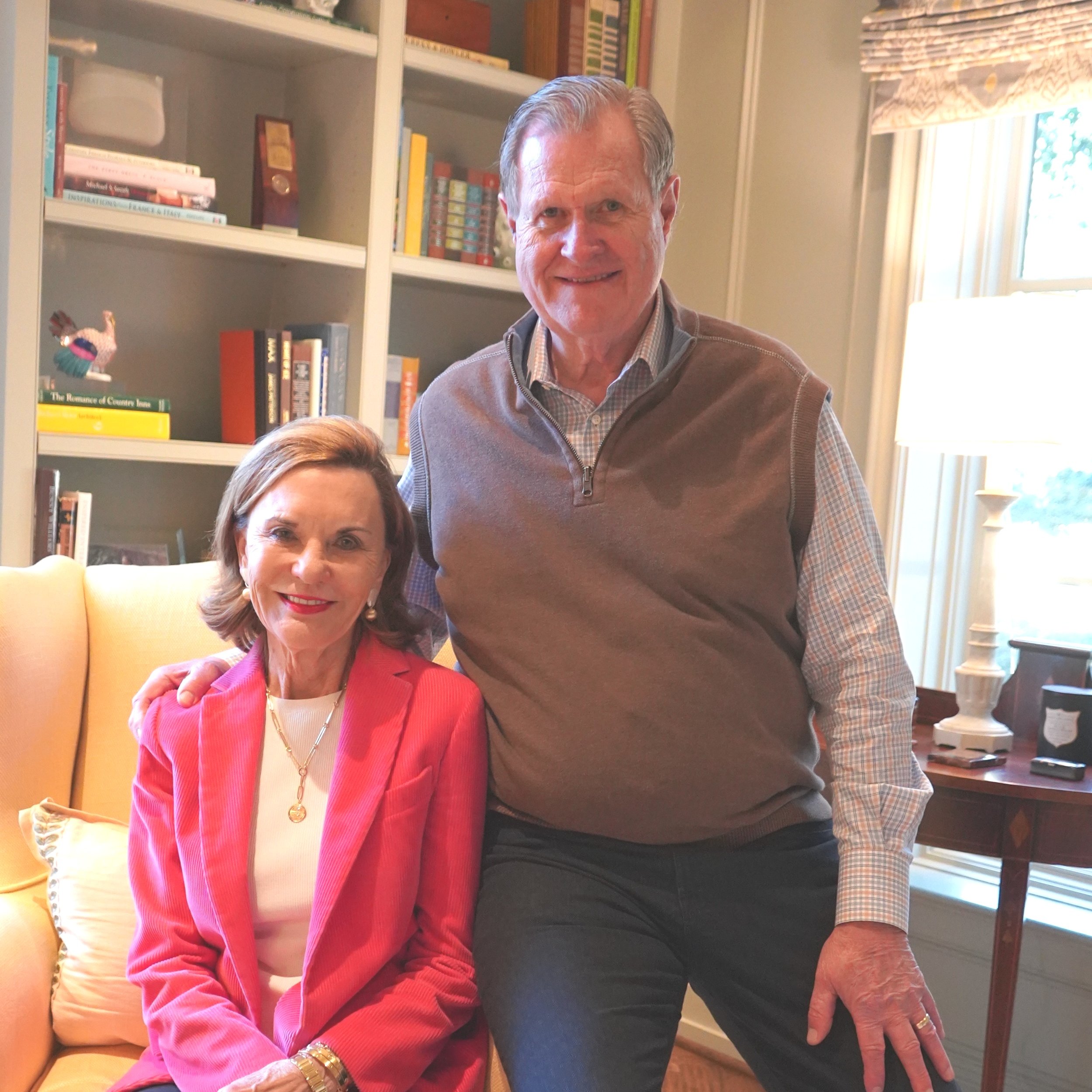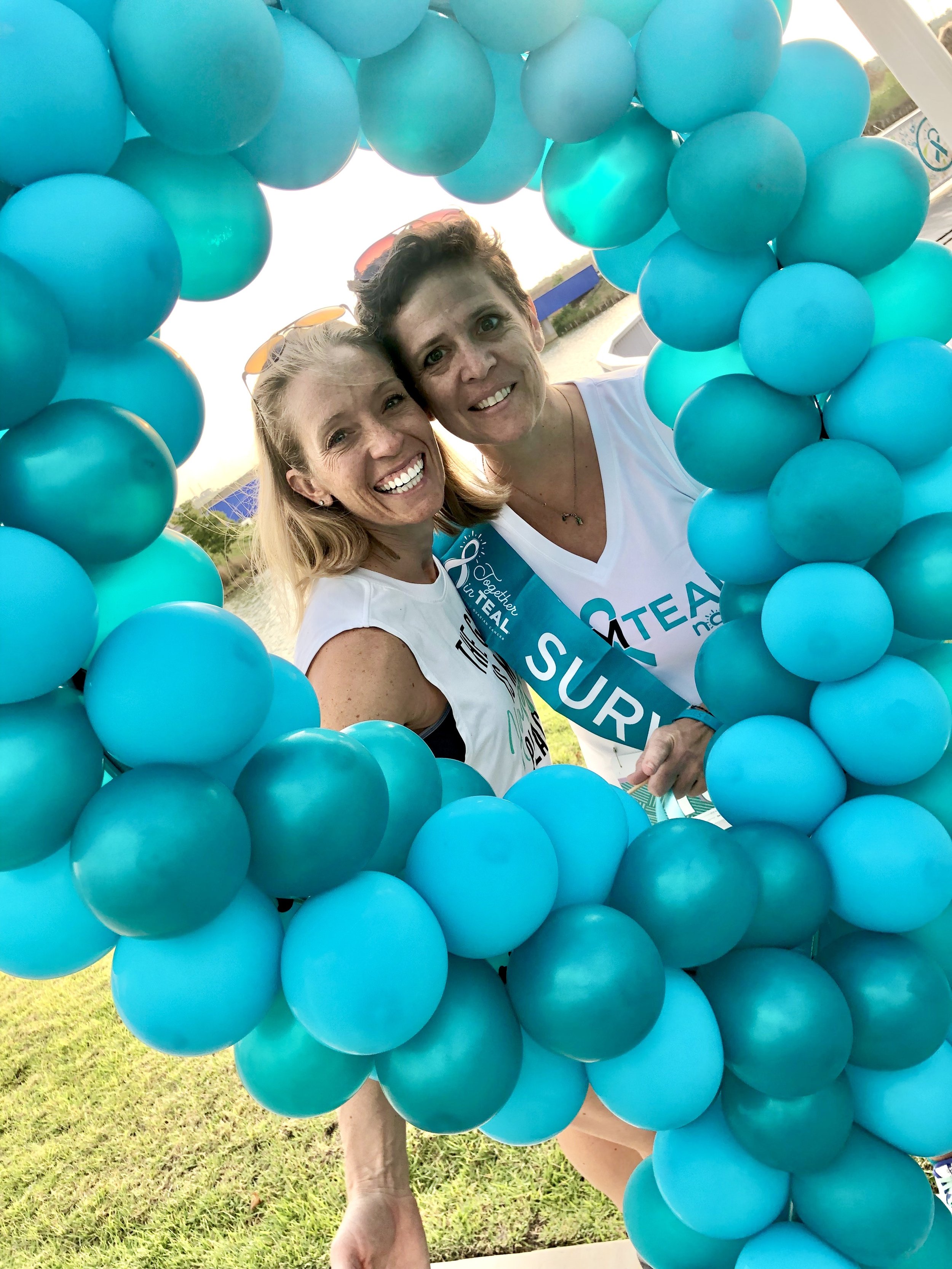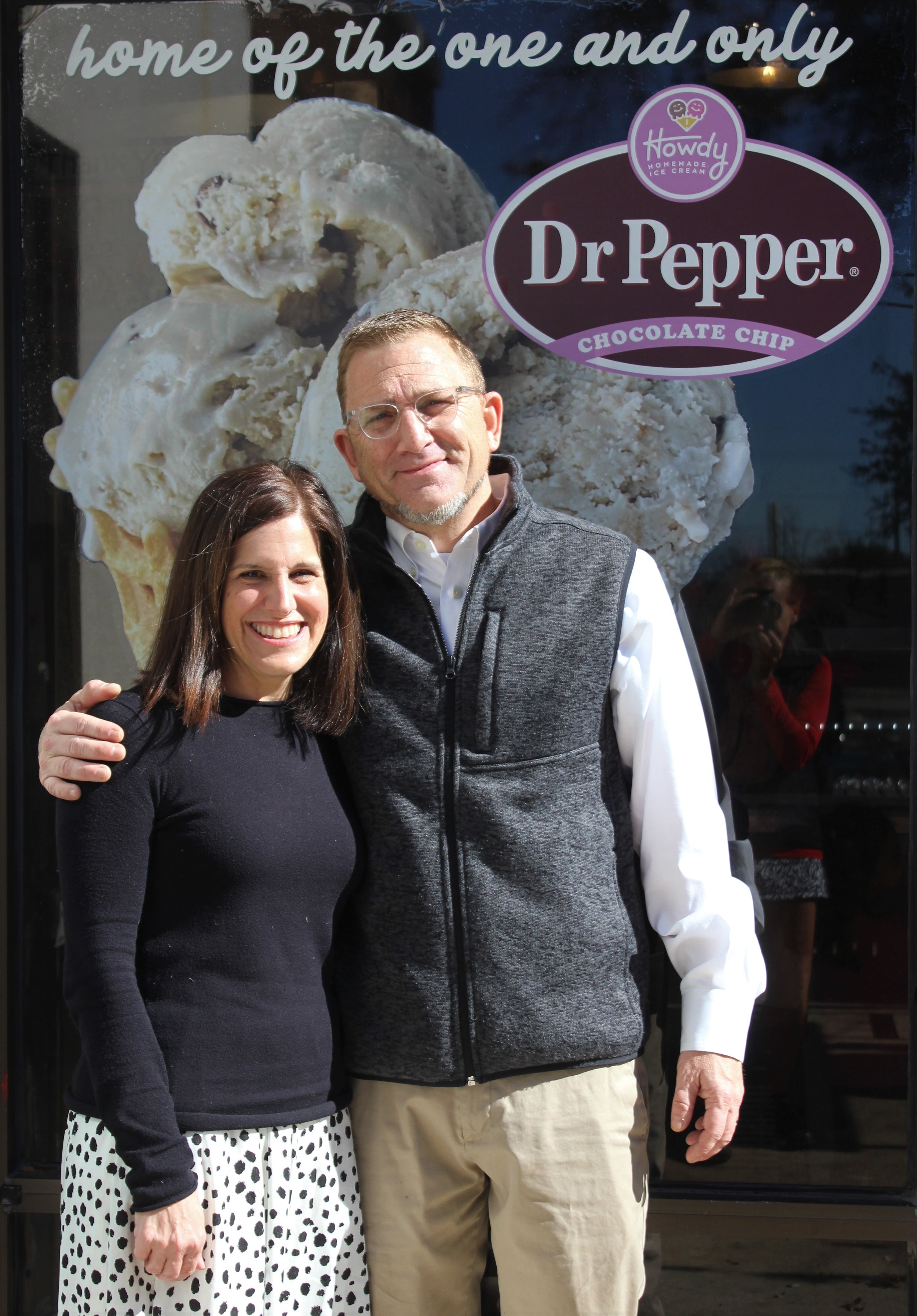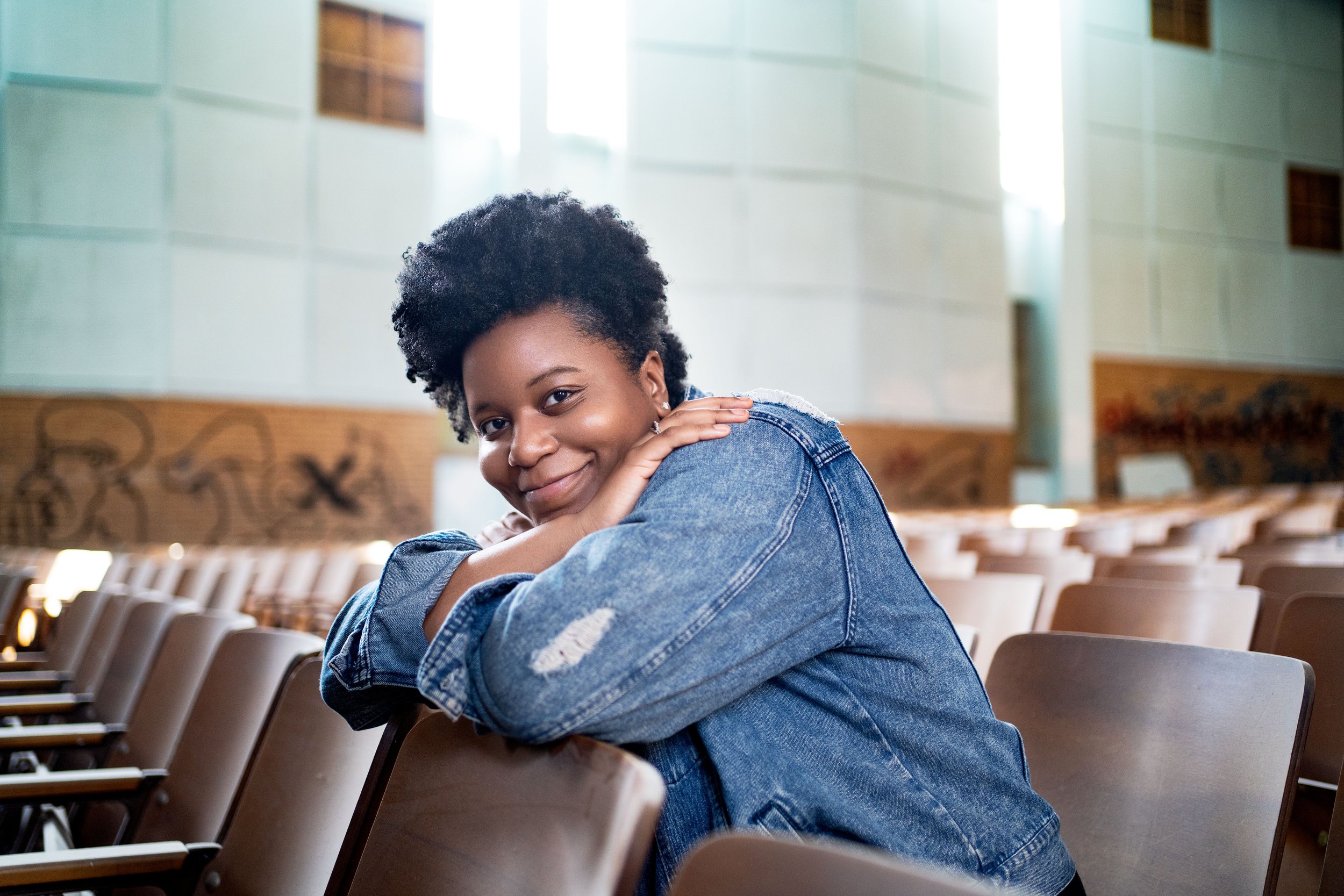Interview and photos by Jan Osborn.
During the past few months of a global pandemic and social unrest, many people are hoping to hear more good news and how we can become better as a society. For Social Venture Partners (SVP), “Doing Good Better” has been their mission for over twenty years. SVP is a group of engaged community leaders committed to improving lives and maximizing social impact through the thoughtful application of their collective resources and expertise. SVP cultivates effective philanthropists, strengthens nonprofits, and invests in innovative solutions – building powerful relationships to tackle our community’s social challenges.
Tony Fleo, CEO, has been serving Social Venture Partners since April 2013. We recently visited with Tony and asked him about his work with SVP. Tony is optimistic about the future and how our community can do good better!
SVP is an international organization that amplifies the impact of those out to do good – connecting and supporting donors, nonprofits and social enterprises to make a greater impact. Can you tell us how this idea came to fruition in Dallas?
Social Venture Partners Dallas evolved from an important question that was asked 22 years ago by the board of trustees of The Dallas Foundation. That question was, “Where will the next generation of philanthropist come from?” Mary Jalonick, who was serving as the President of the Dallas Foundation at the time, had heard of a new philanthropic endeavor that some social entrepreneurs in Seattle had started. She reached out to Bob Wright, a local attorney, and asked him to investigate what they were up to and with that visit, the efforts to bring this concept to Dallas began. Twenty-one years later and the third city to launch an SVP, Dallas is now part of a network that spans 43 cities and nine continents. Each city raises its own funds, deploys those funds locally and has its own governing board, but shares an international DNA and theory of change. The most impactful social change happens when engaged donors are in proximity with the organizations they support. Social Venture Partners has been at the forefront of Social Innovation in Dallas for over 20 years now. Many successful social enterprises in Dallas have been inspired, launched, mentored, and funded by SVP and our partners. All of those organizations can in turn, trace their continued impact to the Dallas Foundation and the important question that a forward-thinking board had the courage to not only to ask, but to answer.
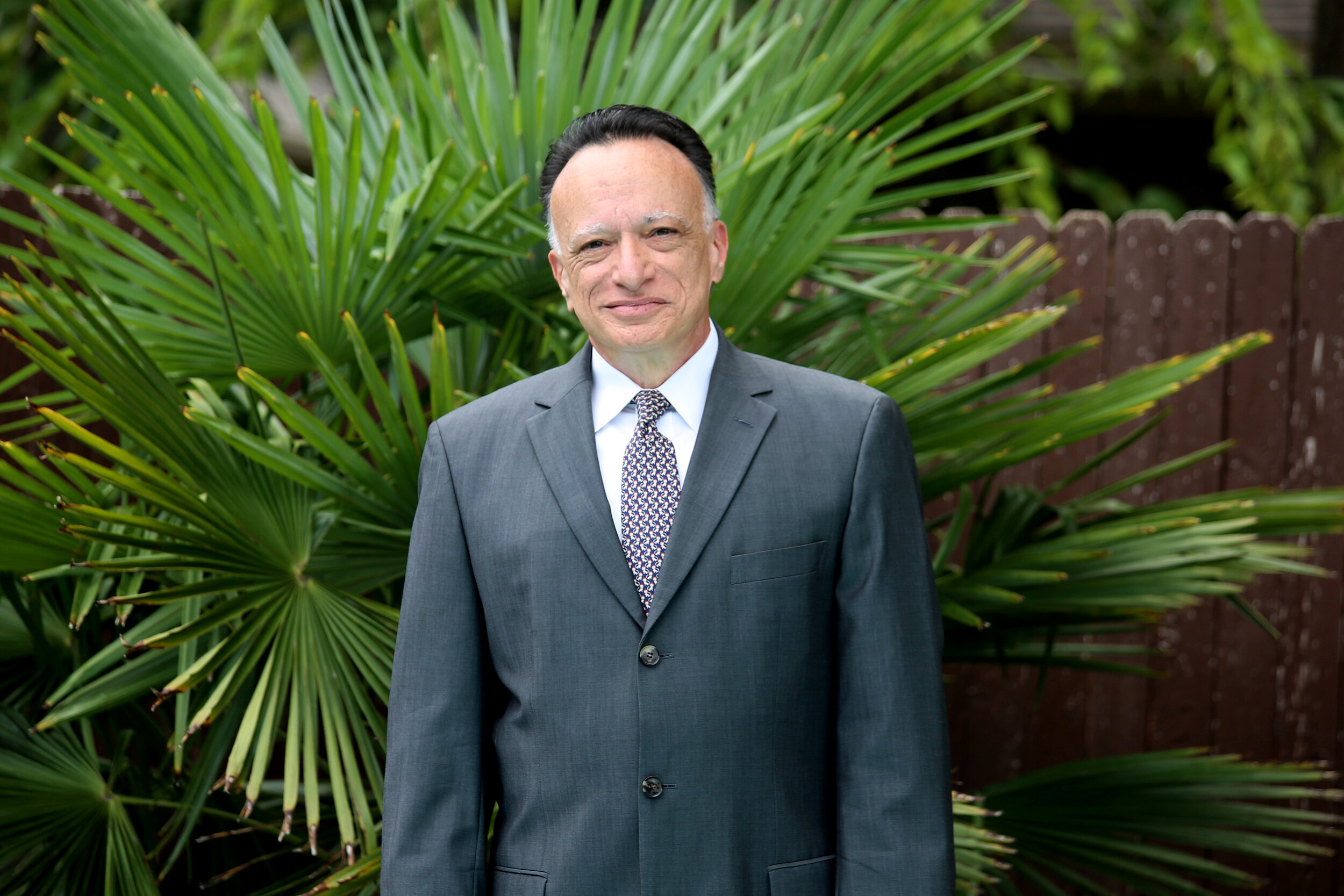
You are a leader in the area of organizational development with 30 years’ experience in helping communities, organizations, and individuals in leadership development, effective communication, and establishing mission within a company, community, or family environment. How did your upbringing play a role in the leader you are today?
I grew up in a large Italian Catholic family in the Pittsburgh area in the 1960s. My grandparents were immigrants to this country. The family narrative of that experience was filled with struggle and discrimination but underlying was always a deep love for the opportunity that this new world provided. When one has an understanding of their own family history, it makes it impossible to ignore the suffering of the oppressed and the marginalized as it exists in present time. And then there was Catholic Social Teaching on Human Dignity, Solidarity, Subsidiarity, Workers’ Rights, Race, and Care for the Environment, which was drilled into me during my formative years by the nuns and there was no escaping them! The backdrop of the Civil Rights movement and the soaring rhetoric of the dynamic leaders involved was inspiring and compelling to me. All of these events merged to shape my belief that we have a moral and civic obligation to work in support of people who advance the cause of social justice in our community. I am incredibly lucky to find myself in an organization surrounded by like-minded people dedicated to improving outcomes for all and not just for some.

Photo courtesy of Social Venture Partners
As the Leader of a nonprofit organization, what do you think it will take to change the social issues we are facing not only in our local community, but in our nation?
When I recall any social change for the better that has taken place just in my own lifetime, I am filled with enormous hope. Should we tolerate how long these changes take? No. Should we seize the urgency for change and accelerate it? Absolutely! Social Change happens through some combination of organized people, organized money and organized ideas. When people get serious about social change, they figure out how to be a cog in one or more of these wheels. Those whose interest it is to maintain the status quo are organized in much the same ways, and most of us participate in those organized efforts without even an understanding of how we do that. Like fish that swim in water, we are unaware of the water that surrounds us. Becoming educated to this idea, a person can come to understand that becoming engaged, rather than simply accepting the current parameters, is exciting and rewarding. In groups such as SVP, the concepts of social change are amplified and organized. In order for this change to take place, we just have to get to work!
How important has it been to collaborate with other nonprofits and foundations in order to see a larger impact?
The very heart of our theory of change at SVP is that collaboration with others, both individually and as organizations increases impact. Unfortunately, the time for collaboration is years prior to the need. Collaboration ensures that systems are well-coordinated and mechanisms for the delivery of services are in place when the crises arises. We have some, but not many good examples of that in the social sector. We see examples at efforts towards cooperation, which is always great, and more of that has taken place in the last few months. But your question asks about collaboration and that is another more complex and difficult human endeavor. To ‘co-labor’, to work together to achieve a common goal, is very rare. Even in the social sector, competition is more the order of the day than is collaboration. Many of the tools used to support social change in the philanthropic space have encouraged competition rather than collaboration and only time will tell if individuals and foundations have an appetite to change that.
As SVP has hosted virtual gatherings and workshops the past few months, what have you learned from other leaders in business and philanthropy across North Texas?
The most striking thing I discovered is that our leaders are extremely generous in giving their time to these conversations. I have learned that each of the leaders have two things in common; they each have an internal belief that our problems are solvable and they each have a will to work on them renewed every day. I have become more appreciative and interested in the attributes of “belief” and “will” and impact of the resulting outcomes when combined.

Photo courtesy of Social Venture Partners
How have you seen the circumstances surrounding COVID-19 affect the work your team does at SVP? Have you seen positive change in the midst of challenges?
The genetic code of SVP is entrepreneurial and innovative. We subscribe to a belief that structure liberates innovation. Over the twenty plus years that SVP has been in Dallas, we have learned lessons from both successes and failures. We have worked diligently to integrate this history into our structure. We take great pride in our conscious efforts to do this. It is as if we have been preparing for just this very moment. We are hyper focused on growing the impact of social enterprises and individuals through education and hands on skills-based consulting. Additionally, we are uniquely situated to the convening of important conversations that lead to actions around systems change. With all of that said, I really cannot take the credit for the way in which my team has continued to deliver on these commitments without interruption and with positive outcomes. The staff and partners at SVP are to be commended for their commitment, dedication, and expertise. We have witnessed a much greater interest from people who wish to learn from the communities that we serve, and then in turn offer their support where it is needed. We are grateful, always but particularly now, for the additional help as the needs are many.
How can people get involved with SVP and learn more about your philanthropy and capacity building model?
We take the word, ‘social’ in our name very seriously. We believe that in relationship with one another we make genuine connections in order to achieve collaborations that work. Our work is highly relational and transformational and we invite you into it. Having a conversation with me, one of our team, or one of our partners is the best way to “Do Good Better”
SVP goes beyond philanthropy. To learn more about SVP or to get involved, go to socialventurepartners.org/dallas, send an email to dogoodbetter@svpdallas.org, or contact us at 214 855-5520.
More Good News
Featured
When Kathy and Larry Helm heard about The Senior Source’s 60th Birthday Diamond Dance-Off, they knew they had to put on their dancing shoes! For the Helms, this event combined two of their passions into one. Celebrating and supporting The Senior Source, a Dallas-area nonprofit that has been serving older adults for 60 years, and dancing together, which they have been doing since they were high school sweethearts. Both Kathy and Larry have chaired the board of directors of The Senior Source and have been proud supporters since 1998. It seemed only fitting they should be voted into the finals to dance on stage at Klyde Warren Park this past summer.
In 2020, more than 912,000 women were diagnosed with some form of cancer in the United States alone. During that same pandemic year, countless medical appointments were canceled while people were social distancing, and yet still each day nearly 2,500 women heard the news, “you have cancer.” There is no doubt that these words can be crushing to hear, but what’s equally crushing is the lack of tangible, encouraging support that exists to help women feel beautiful, strong or “normal” before, during and after cancer treatment.
When Tom Landis opened the doors to Howdy Homemade in 2015, he didn’t have a business plan. He had a people plan. And by creating a space where teens and adults with disabilities can find meaningful employment, he is impacting lives throughout our community and challenging business leaders to become more inclusive in their hiring practices.
Have you ever met someone with great energy and just inspired you to be a better you? Nitashia Johnson is a creator who believes by showing the love and beauty in the world it will be contagious and make an impact. She is an encourager and knows what “never give up” means. Nitashia is a multimedia artist who works in photography, video, visual arts and graphic design. Her spirit for art and teaching is abundant and the city of Dallas is fortunate to have her in the community.
